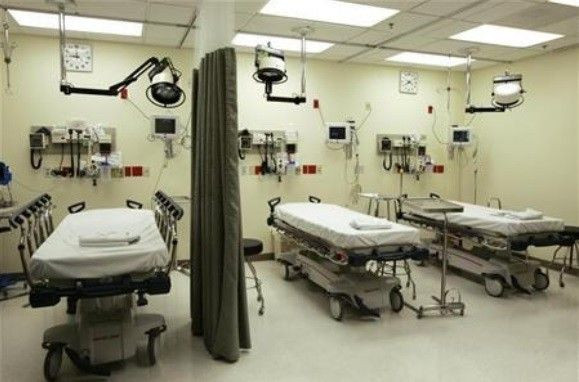Aussie health insurers spend a whopping $1.7 billion a year on medical devices, prostheses

As the government prepares for a federal private health insurance review, Australian health funds have stepped up pressure for major changes to curb the rising costs of healthcare and policy premiums in the country. The health funds include Medibink Private, Bup and nib.
These health funds are urging federal Health Minister Sussan Ley to take urgent steps to review the prosthesis pricing policy which Bupa Health Insurance Managing Director Dr Dwayne Crombie finds “ridiculous.” They also want the government to take initiatives to encourage Australian youth to go for private health insurance.
The Sydney Morning Herald quoted Crombie as saying that insurers were paying as much as $1.7 billion every year for medical devices and prostheses. Crombie cites the findings of an external consultancy, commissioned by the Australian healthcare industry, to reach this conclusion. The actual cost, he says, should be about half a billion less. Crombie suggests passing on the excess amount, currently floating around in kickbacks and rebates that manufacturers of medical devices and hospitals split between themselves, to the public through a more reasonable pricing policy.
The health funds also want an amendment to the existing insurance rules to provide discounts and incentives to people under 30 to encourage them to take private insurance policies. Nib Managing Director Mark Fitzgibbon says there’s consensus on the need to promote “lifetime healthcare loading in reverse.” He has also warns Ley against any attempt to do away with the rebate on ancillary health services, which he says are an important value proposition for youngsters.
The insurance review comes at a critical time in the Australian healthcare system. The federal government has already postponed any change to the Medicare safety net until 2016 after failing to get the necessary Senate support. Psychiatric, oncology and IVF have strongly opposed the proposed changes in the safety net, which are aimed at lowering the thresholds for availing the benefits of out-of-hospital services. The government has also proposed a cap on the amount for individual services. The changes, if implemented as planned from Jan 1, 2016, would have saved the government $266.7 million over five years, according to an earlier Sydney Morning Herald report.
Contact the writer at feedback@ibtimes.com.au or tell us what you think below




















